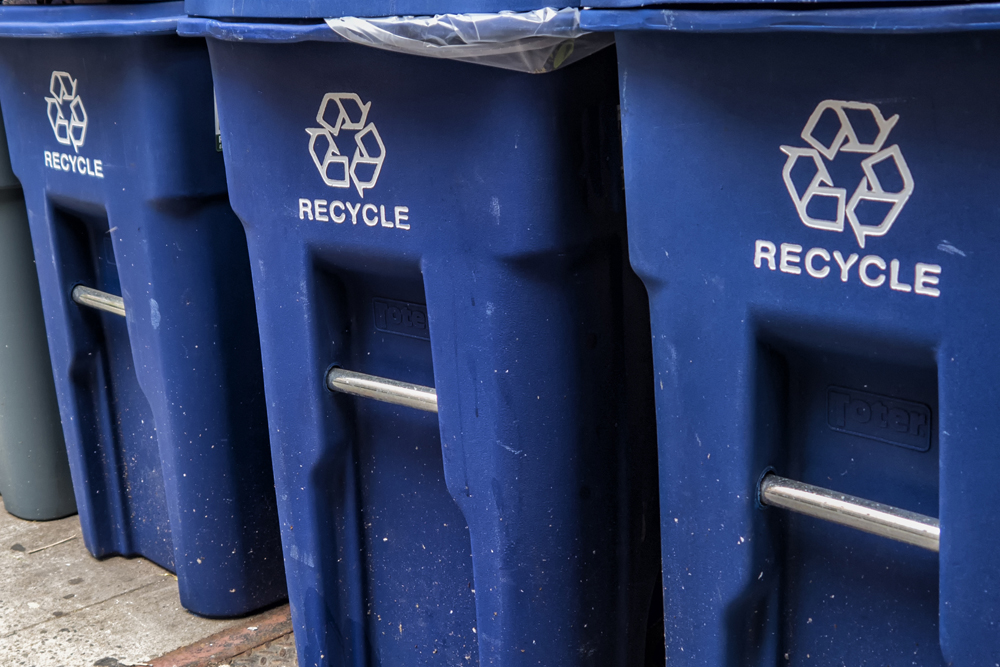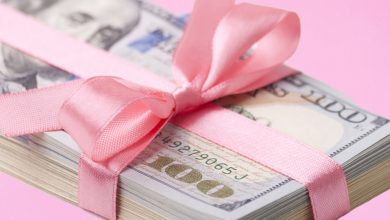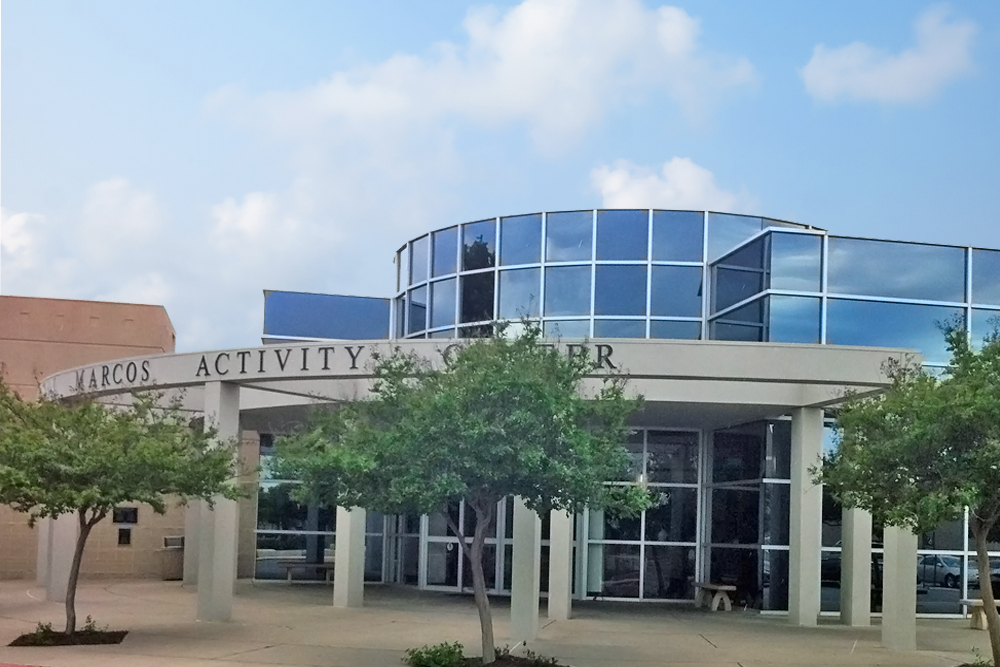
You’re not wish-cycling, are you?
We know the guilty feeling of throwing away something that might be recyclable. Maybe that item was really heavy. Perhaps it was made of metal. It might even be made of nothing but paper.
You want so badly to recycle that item because the thought of something that just might, maybe, possibly have a slight chance at being recycled is too much to resist. Instead of sending it straight to the garbage, you make a wish and put it in your recycling bin.
But could you be causing more harm than good when you put these questionable items in your curbside bin? Recycling items containing food stuffs or unrecyclable components can contaminate an entire batch of recycling and damage machinery, thus rendering recycling efforts virtually useless.
A term known throughout the recycling community for putting non-recyclable material into the recycle bin is called “wish-cycling.” The term was coined by Bill Keegan, the president of a recycling company in Shakopee, MI, who defined it as “the practice of tossing questionable items in the recycling bin, hoping they can somehow be recycled.”
Here are some reasons why wish-cycling has a negative effect on recycling efforts:
1. Time Wasted
A materials recovery facility, or MRF, processes and sorts recyclable material. When items such as plastic bags, wire hangers, and plastic hoses are placed in the recycling bin, they can damage machinery, slow down the process, and ultimately halt operations.
2. Money Wasted
When damaged machinery needs to be repaired, it will ultimately cost taxpayers and customers money. Additionally, when contaminated material or trash finds its way into bundles of similar material, it can reduce the value and even contaminate the entire bundle. When an entire bundle becomes contaminated, it has no market value and ultimately reduces Texas’ recycling rate.
3. More Waste Generated
Trash, non-recyclable items, and contaminated batches must go somewhere! Unfortunately, these get sent directly to a landfill.
How to be a Recycler, not a Wish-Cycler
To be a responsible recycler, familiarize yourself with what can and can’t be recycled in your area. In many cases, items that can and can’t be recycled are listed right on your bin. You could also contact the city or county for regional-specific information about recycling.
![]() Some common examples of nonrecyclable items that people mistakenly try to recycle include electronics, wire hangers, textiles, garden hoses, aerosol cans, shredded paper, plastic wrap, paper towels, light bulbs, pottery, batteries, and household hazardous waste (HHW).
Some common examples of nonrecyclable items that people mistakenly try to recycle include electronics, wire hangers, textiles, garden hoses, aerosol cans, shredded paper, plastic wrap, paper towels, light bulbs, pottery, batteries, and household hazardous waste (HHW).
• Although electronics like televisions and computers can’t be placed in your bin, they still can be recycled at no cost. Visit TexasRecyclesComputers.org and TexasRecyclesTVs.org for information on how to recycle your computer equipment or television.
• Some dry cleaning businesses will accept wire hangers.
• Shredded paper likely can’t be recycled through your curbside bin. But if you have a lot of shredded newspaper, consider using it as compost.
• Repurpose your old garden hose. Cut off pieces of your hose and slit them from one end to the other. Now you have a safety cover for your saw blades or any other cutting tools you have. You can also do the same thing to cover the chains on your swings, providing a grip that will protect little hands from getting pinched or burned.
• Any household hazardous waste (HHW) you have should be disposed of properly. Take a few minutes and check out TCEQ’s blog post on how to safely dispose of any hazardous chemicals you have. You can also visit the TCEQ page that lists possible contacts in your area for HHW collections.
• The food and grease on used paper towels will rot. Those paper towels cannot be recycled; whatever new paper item those towels become will also start to rot. Throw your used paper towels in the garbage or consider switching to cloth napkins or towels.
Check out the links below, do a quick internet search, or contact your local recycler to learn more about what items are acceptable and which are just wishful thinking.
• TCEQ Recycling Webpage
• What Do I Do With It Now? A Quick Guide to Recycling Resources Publication PDF
• TCOT Reduce Your Waste Webpage
• TCEQ Study on the Economic Impacts of Recycling (2017)
• Decoding Plastic Recycling Logos
Source: Take Care of Texas.






